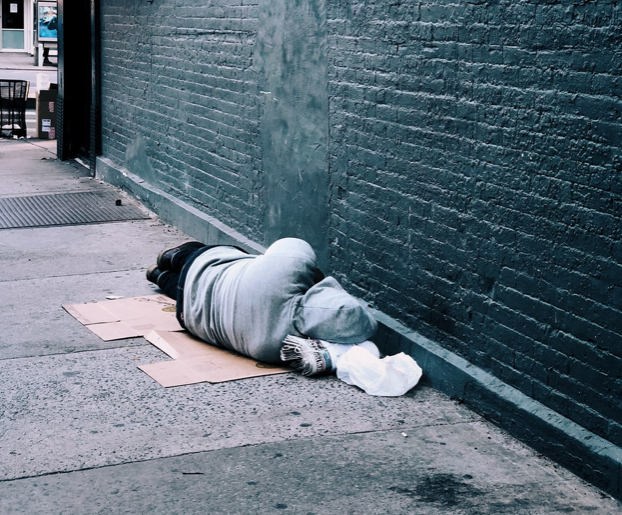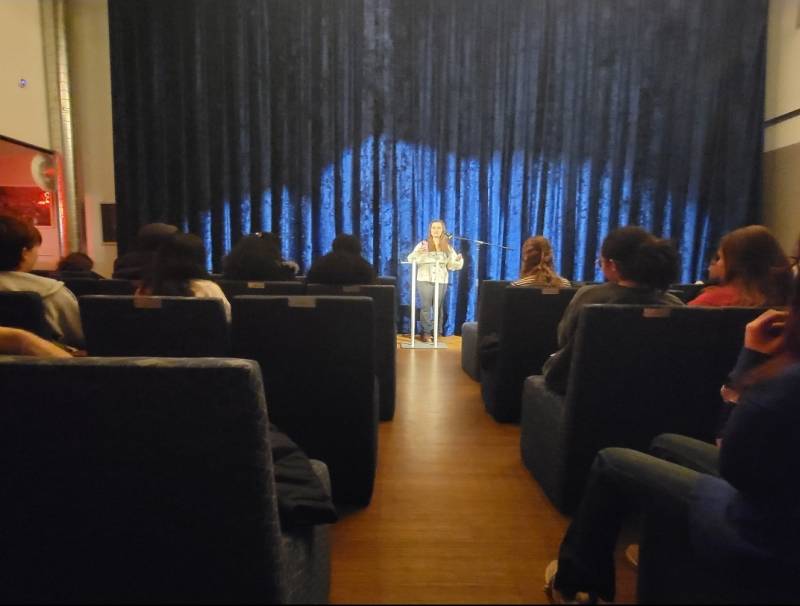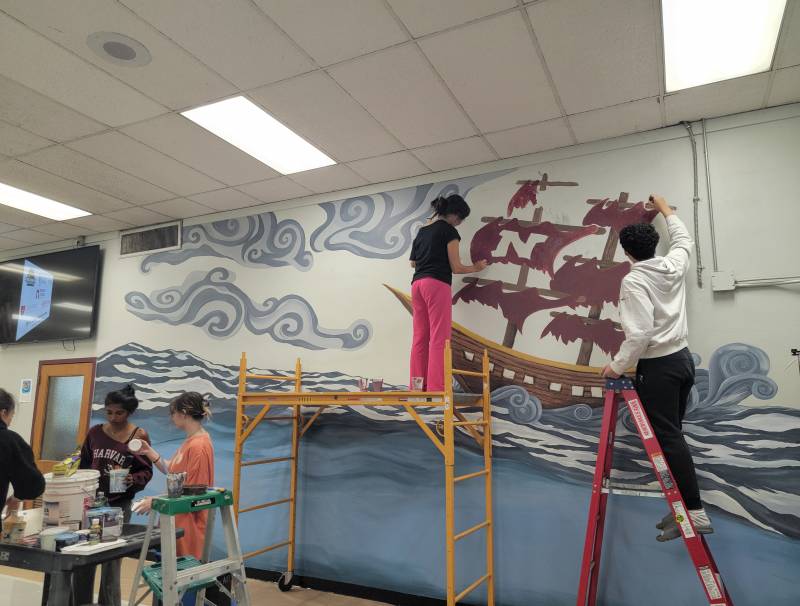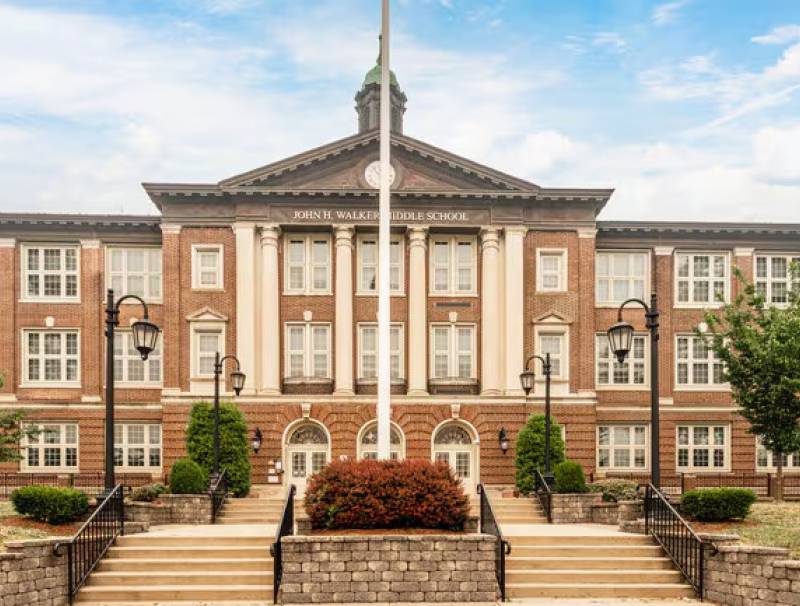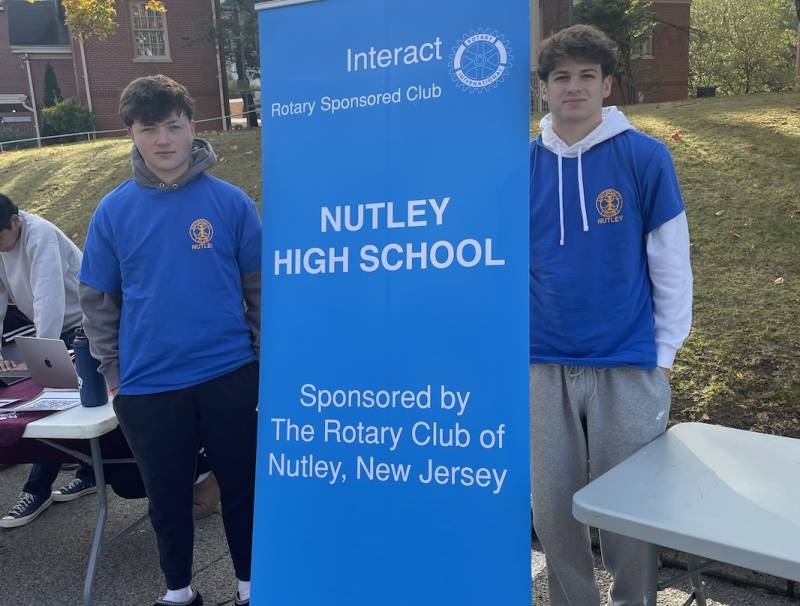Super Bowl 2022 shines a light on LA's homeless Crisis
Amid the lights and cameras on the Los Angeles area as the Super Bowl returned to the "entertainment capital of the world," game day preparations brought up a longtime issue affecting much of the city: homelessness.
Less than two miles away from SoFi Stadium in Inglewood, a homeless encampment underneath a freeway overpass was swept away just days before the Los Angeles Rams punched their ticket to the Super Bowl. A similar situation occurred in 2016, when people experiencing homelessness said San Francisco officials were pushing them out of the area before Super Bowl 50.
Advocacy groups claimed the clean-up was done to hide the area's homeless ahead of Sunday's game, despite city and state officials saying otherwise.
"The cleanups have nothing to do with the Super Bowl," Inglewood Mayor James Butts told USA TODAY Sports, "That was a media myth."
Harrison Wollman, spokesperson for Los Angeles Mayor Eric Garcetti, said Los Angeles hasn't changed its homeless strategy due to the Super Bowl.
Butts also said since the encampment was on state property, the California Department of Transportation (Caltrans) conducted the sweep, and the city had nothing to do with it. In a statement to USA TODAY Sports, Caltrans said the encampment was cleared due to a "fire safety issue," and residents were notified of the sweep 72 hours before.
“Caltrans’ responsibility is to ensure the safety of the traveling public and to protect and maintain California’s highway infrastructure," the statement read. "The department is coordinating with local partners to provide outreach and support, including Los Angeles Homeless Services Authority (LAHSA)."
LAHSA communications director Ahmad Chapman said in a statement to the LA public the outreach efforts were part of their regular business with Caltrans and were "not related to the Super Bowl."
"Since fall last year, we have been providing outreach on freeways in partnership with Caltrans. Caltrans identified the encampment, which is typical of our outreach efforts in partnership," the statement read. "We offered general services, gauged their interest in shelter, and made many referrals for emergency housing vouchers."
The NFL did not respond to media networks asking whether it had spoken with city officials about people experiencing homelessness.
Butts also cited Inglewood's increase in affordable housing and implementation of rent caps, which is at 3% for properties governed by the city. Los Angeles officials put a stop on rent hikes until 2023.
Benjamin Henwood, professor and director of the Suzanne Dworak-Peck School of Social Work at the University of Southern California, has been examining support and housing for individuals experiencing homelessness for nearly 20 years. He said, to reporters from the LA Times, that he has seen numerous cities across Southern California like Inglewood tout their homeless services, but said often it pushes people to other cities and leaves people feeling "invisible but quite visual."
“That's not to take away any of what they're doing. They may be doing quite well and really using their resources well, but I don't think that a single city is going to be able to work their way out of this on their own," Henwood said. "At the end of the day, really, it's a regional problem."
Henwood added sweeps happen, but if there were actual intent in doing so for the Super Bowl, it wouldn't fix anything.
"There's no hiding this problem," he said in the same interview. "There's not enough area you could have sweeps to where people coming into Los Angeles wouldn't see it, so if that is the intent, it seems like it's not very well thought-out."
Ina Morton, organizer with the People's City Council of Los Angeles, an organization that focuses on housing issues in the area, disputed Butts' press statements, saying the timing of the Inglewood sweep was not a coincidence and was "incredibly cruel."
"City officials are going to have their story, but it doesn't take a genius and it doesn't even take someone in the housing organizing space to put two and two together; that the Super Bowl is going to be here, and they're sweeping encampments. I can do the math and see how this works," she said to USA Today Sports on game day.
The Los Angeles Convention Center, located downtown, is host to numerous events leading up to the game. Around two miles east of there is Skid Row, one of the largest homeless communities in the country with around 5,000 people.
In 2020, according to LAHSA, the area that makes up nearly all of Los Angeles had 17,121 homeless individuals. The county had a total of 63,706 homeless individuals according to LAHSA records. Those numbers, however, were released before the pandemic began.
Since the count was canceled in 2021 due to COVID-19, LAHSA is set to complete it at the end of February. Karen Barnes, associate director for the LA Metro outreach team at the non-profit organization People Assisting the Homeless (PATH), said to NBC News that the population could rise to above 100,000, enough to fill up the 70,000-seat SoFi Stadium.
Barnes added that the pandemic only made the situation worse, as more families are now displaced.
Mark Lewis, PATH outreach specialist, said, during NBC briefing with Barnes, one thing that's unique about Los Angeles is despite the bad reputation, the city has some of the best homeless services in the country such as getting people in permanent housing. The issue is the rising and overwhelming population.
"We just don't have enough resources or beds for everybody," Lewis said.
COVID-19 also plays a significant role in how many people are out in public areas. If a shelter has someone test positive, it must go under quarantine. If people leave, they can't return until the quarantine is lifted, and shelters can't accept any intakes, adding an extra challenge to get people into beds.
Lewis said he usually can get three people housed in a month, but the process has a lot of "red tape" that can cause delays of months and sometimes years.
"The reality is that the homeless services alone are not going to be able to solve this problem," professor Henwood said in his LA Times interview. "You can talk to anyone in homeless services, they can tell you that it takes a long time to get people into services and into housing. You have people experiencing homelessness that are cooperative and trying to do it, but there are a lot of obstacles."
Barnes said Los Angeles officials like Mayor Garcetti have been receptive and have pushed for more permanent housing. Garcetti allocated $1 billion of the city's $11 billion budget in June to homeless services, Spectrum News reported, as well as receiving $21 million last week from state funds to convert apartments into permanent housing units for the homeless.
"There's a real investment in affordable housing, it just takes a long time to build," said PATH chief executive officer Jennifer Hark Dietz in public statements a week prior to the Super Bowl. "You're looking at just multiple years before you have any units online."
What is most concerning about the nation observed in Los Angeles’ displacement of the homeless for public convenience, is that the county is only starting on a long road of mass sporting events.
With preparations soon to being for the 2028 LA Summer Olympics, everything that being seen with at the Super Bowl and in Inglewood will only be seen to the nth degree.

